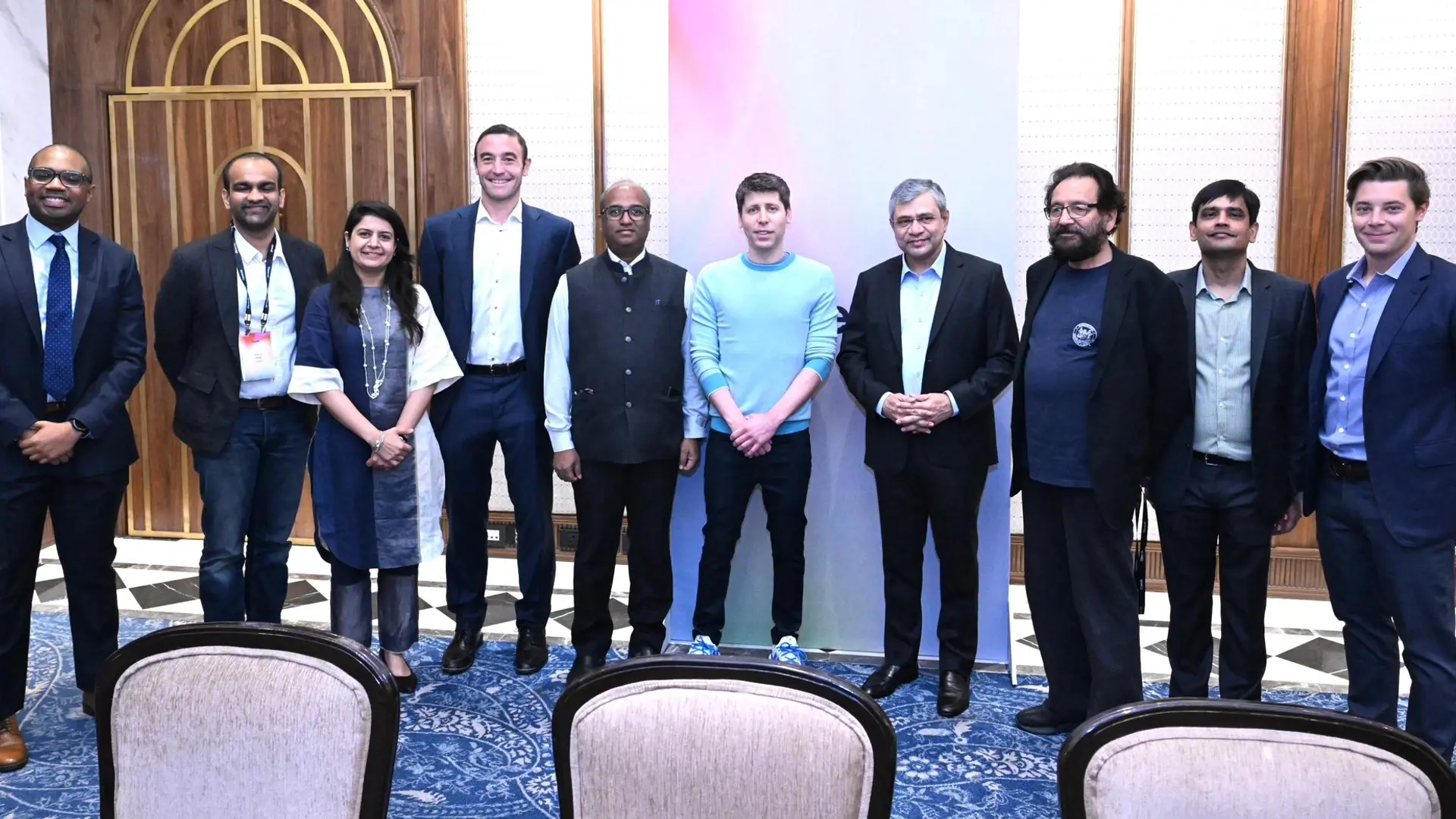Why the first 90 days in a new organization are the most crucial
As fresh as a piece of cake out of the oven, most of us step out of our college. With placements, interviews, resumes, and group discussions in our paths, we are the silver-coated cupcakes waiting to be hired. Once we do, does this whole process of appealing to others stop? Or does it take a new form?
Most of us, irrespective of the profile we carry, are very vulnerable in the first few months at a new job because we lack the experience in the company when compared to the existing employees. Though most companies hire employees based on their previous work experience, new joinees are judged or are under observation during their first 90 days, and these end up being the most crucial days at a new work place, both for an employee and the employer!

Why 90 days, specifically?
In the business world, the first 90 days is a quarter, which is a recognized time frame. Companies often track how they’re doing based on how much progress they make each quarter—and you should too. The first days in a new position are critical because small differences in our actions can have a huge impact on the long-term results. Our colleagues and our boss form opinions about us based on limited information, and those opinions are sticky—it’s hard to change their mind. So shaping their impressions to think the best, ends up being a priority.
Failure to create momentum in these days virtually guarantees an uphill battle for the rest of an executive’s tenure. The first 90 days equips us with strategies and tools to get up to speed faster and achieve more sooner.
New job, newer you!
Vaibhav Ali, Founder-CEO Midnight Hunger says,
The first 30 days are the honeymoon period for an employee, the next set of 30 days is the fake and truth period, the last set of 30 days is ‘this is who I am’ period. This entire time is a process of self-discovery.
The transition to a new job carries the baggage of expectations, experience, and learning. Be it fresh tasks, or meeting unknown people, each day consciously creates mental images of letting go of the old job and embracing the new one. This jump is a tricky one. Because you might not get a smooth transition from one set of job responsibilities to another, it’s essential to discipline yourself to make a smooth transition mentally.

When in a startup, a fresher can pivot to the job he likes as there are many terrains that can be tested. If the team is small and you take ownership of various tasks, then your visibility increases. This visibility in the initial days, adds a huge value, says Sandeep Madala from Explara.
Fitting into a square peg
With varied personalities comes varied experiences, and these may or may not be applicable at your new workplace. The entire process of adaptability takes effort. You might be at your best, but when working in a team, fitting yourself into different zones might be quite challenging. An individual’s transition begins the moment he learns that he is being considered for a new position, and it ends about 90 days after he begins the job. Adapting oneself to this eco system is invariably a transition process.
Kashmira Chawak, Co-Founder of Belong says,
A CV can only tell you ‘what’ a candidate has achieved in their previous roles, but it’s the ‘how’ that is equally important especially in startups, where every employee needs to show ownership. Their work ethics, their work style, essentially everything reflecting their presence or performances needs to be in sync with your company’s work culture. They are working on learning/ understanding their job role while trying to adjust and imbibe the culture of the organisation

Startups are huge universe in themselves. For Sayan Malakar, his first 90 days were at Furlenco, India’s first furniture rental company,
In the startup world, knowledge transfer is faster than torrents. Fitting into the most uncomfortable spot and yet outdoing yourself must be a priority
Keen eye to detailing
It is understood by now that you are a newbie at the organisation where everything seems interesting, ambitious, and demands your attention. You can choose to warm your chair or wake up every second to a minute detail. They say that the ‘first impression is the last impression’ but how far is it true when you get into its detailing? And this thirst to pick the most hidden feature ultimately forms the basics. Be it your co-workers behavior or something as silly as the font size used in the mails, everything needs an eye like that of a Sherlock Holmes!
Malini Gowrishankar, Founder of F5 Escapes rightly points out that,
The workplace ultimately boils down to human connections. Hence, it is extremely important to choose coworkers with similar work ethics. They might be incredibly intelligent, but without the right attitude, it is impossible to survive

Also read : 5 tips on how to run a family business by industry veteran Sanjeev Aga
Every company lays out a social conduct chart, the one which introduces you to your colleagues.
There are a lot of times when strategies are discussed during an evening party over a drink. Overcoming the obvious awkward situation, a new employee must be open to conversations, says Manjunath Bangera from HealthifyMe.
All said and done, at the end of the 90 days at a new organisation, it’s a different you. The entire process of transition often seeps into us so much that over a period of time, we are no longer that piece of cake, looking for silver frosting to please someone. We all have goals and some just demand your best in a short span of time.







